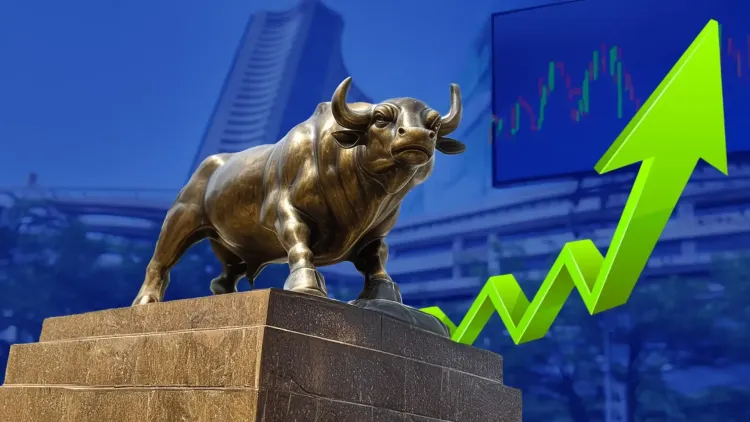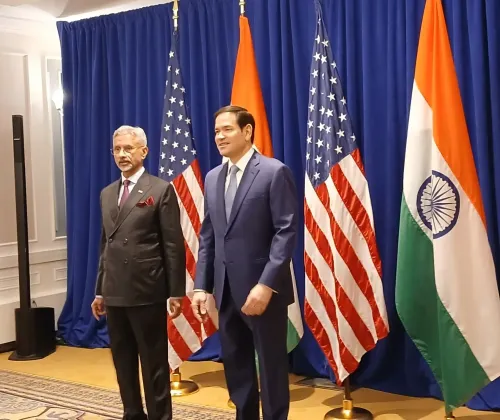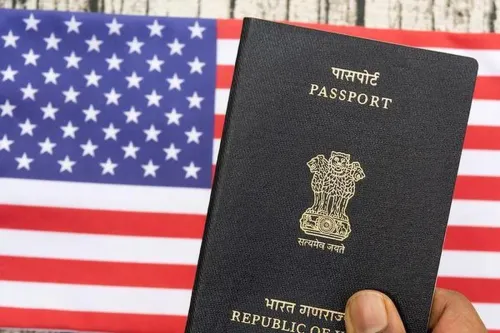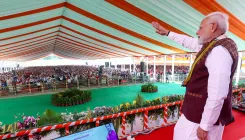Will the US H-1B visa fee significantly affect IT companies’ margins?

Synopsis
Key Takeaways
- US mandates a $100,000 fee for H-1B visa petitioners.
- Impact on profits expected to be minimal.
- Large-cap firms may see 7 to 14 basis points reduction.
- Mid-cap firms could face 21 to 39 basis points decline.
- Firms can mitigate impacts through local hiring and offshoring.
New Delhi, Sep 22 (NationPress) A recent report indicates that the US government's mandate, which requires a one-time payment of $100,000 from H-1B visa petitioners, is unlikely to have a major effect on the profit margins of large- and mid-cap IT services firms in India.
This situation can be mitigated through strategies like increased local hiring, subcontracting, or offshoring, according to Equirus, a fund management firm.
Unless extended, this restriction will be valid for 12 months from September 21, 2025, and pertains only to new visa applicants.
Equirus forecasts that the fee could reduce the operating profit margins of large-cap IT companies by merely 7 to 14 basis points if it applies exclusively to new H-1Bs. If it encompasses both new and existing visa holders outside the US, the decline could reach 26 to 49 basis points.
Mid-cap firms might see a range of impacts from 21 to 39 basis points for new applications and 60 to 109 basis points if it applies to both new and existing visa holders.
According to analysts, Indian IT vendors have progressively diminished their on-site H-1B workforce over the past six to eight years. H-1B visas account for roughly 25-35 percent of the large-cap workforce and 30-60 percent for many others.
The $100,000 fee often exceeds the salaries of H-1B visa holders employed by numerous Indian IT companies.
Equirus emphasized that common sense will guide firms to replace affected applicants through the incremental hiring of locals, green card holders, or subcontractors while engaging in offshoring.
Nevertheless, the report also highlighted that sales growth may experience a slight deceleration in the latter half of fiscal 2026, as the necessary adjustments require careful planning and client approvals.
Approximately 71 percent of H-1B visa holders originate from India, predominantly working for tech giants such as Infosys, Wipro, Cognizant, and Tata Consultancy Services.









